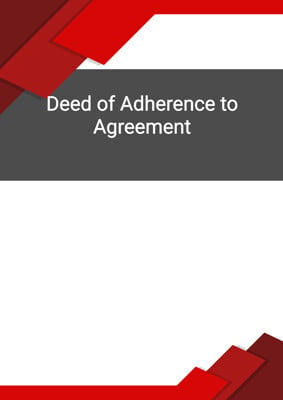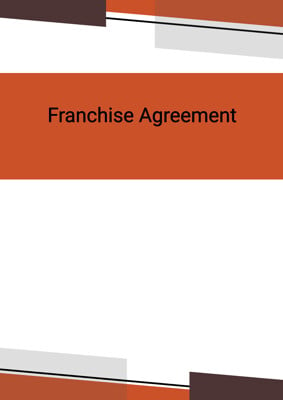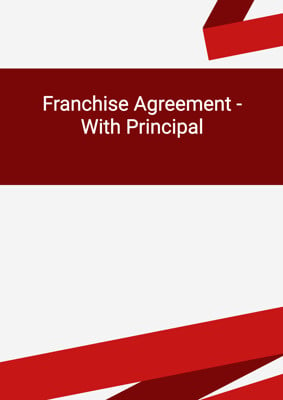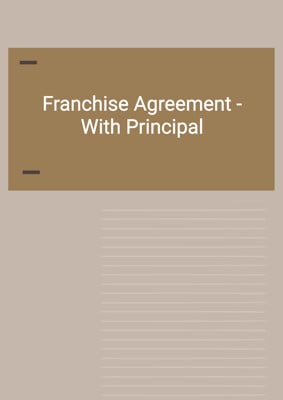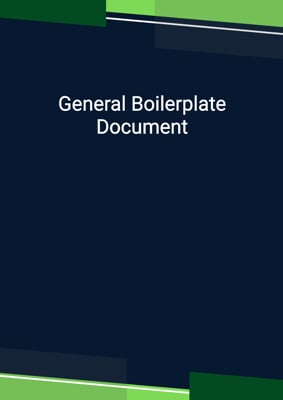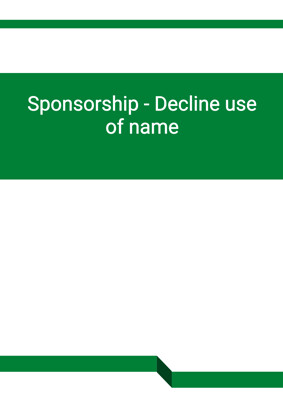How to Tailor the Document for Your Need?
01
Create Document
Fill in the details of the parties. You can click the "Fill with Member’s Information" button to complete it with information saved to your account.
02
Fill Information
Please fill in any additional information by following the step-by-step guide on the left hand side of the preview document and click the "Next" button.
03
Get Document
When you are done, click the "Get Document" button and you can download the document in Word or PDF format.
04
Review Document
Please get all parties to review the document carefully and make any final modifications to ensure that the details are correct before signing the document.
Document Preview
Document Description
Key elements that a Guest Blogger Agreement might include:
1. **Introduction and Parties:**
Identify the parties involved in the agreement – the guest blogger and the blog owner or publisher.
2. **Scope of Work:**
Describe the type of content the guest blogger will provide, including topics, format (e.g., articles, videos, infographics), and any specific guidelines or requirements.
3. **Submission and Approval Process:**
Outline the process for submitting content and the steps involved in review, editing, and approval. Specify whether the blog owner has the right to make edits or revisions to the submitted content.
4. **Rights and Ownership:**
Clarify the ownership of the content once it's published. Determine whether the guest blogger retains any rights to their work or if the blog owner gains full ownership.
5. **Attribution and Promotion:**
Specify how the guest blogger will be credited for their work, such as byline, author bio, or links to their personal website or social media profiles.
6. **Exclusivity:**
Determine whether the guest blogger is providing exclusive content to your blog or if they can also publish the same content elsewhere.
7. **Compensation (if applicable):**
If compensation is involved, outline the payment terms, including the amount, payment schedule, and method of payment.
8. **Deadline and Schedule:**
Set expectations regarding submission deadlines and the publishing schedule for the guest blogger's content.
9. **Promotion and Distribution:**
Detail how the content will be promoted and distributed on social media, newsletters, and other platforms.
10. **Copyright and Plagiarism:**
Address copyright issues and plagiarism concerns, ensuring that the content provided is original and does not violate any copyrights.
11. **Confidentiality:**
If necessary, include a clause about keeping certain aspects of the relationship confidential.
12. **Termination and Removal:**
Define the circumstances under which either party can terminate the agreement and what will happen to content that has already been published.
13. **Governing Law and Dispute Resolution:**
Mention the jurisdiction whose laws will govern the agreement and how disputes will be resolved.
14. **Indemnification:**
Clarify whether the guest blogger is responsible for any legal claims or issues arising from their content.
15. **Signatures:**
Both parties should sign the agreement to indicate their understanding and acceptance of the terms.
How to use Guest Blogger Agreement?
1. **Identify the Need:**
Determine whether you need a guest blogger agreement for your blog or website. This is particularly important if you regularly feature guest contributors.
2. **Select or Draft an Agreement:**
You can either create an agreement from scratch, use a template, or seek legal assistance to draft a customized agreement. Ensure that the agreement covers all relevant aspects of the guest blogging arrangement.
3. **Customization:**
Customize the agreement to fit the specifics of your arrangement. Fill in the relevant details such as the names of the parties, the scope of work, compensation terms (if applicable), and any other relevant information.
4. **Negotiation (if applicable):**
If you're working with a guest blogger who has specific requirements or if compensation is involved, there might be room for negotiation. Discuss any modifications or clarifications needed and ensure that both parties are comfortable with the terms.
5. **Sharing and Review:**
Share the agreement with the guest blogger for their review. Make sure they understand the terms and have an opportunity to ask questions or suggest changes.
6. **Signing Parties:**
Once both parties are satisfied with the agreement, both the guest blogger and the blog owner should sign it. This can be done physically or electronically, based on your preferred method.
7. **Effective Date:**
Specify the date when the agreement becomes effective. This is usually the date when both parties sign the agreement.
8. **Implementation:**
Adhere to the terms of the agreement throughout the guest blogging arrangement. This includes following the content submission process, reviewing and editing content, attributing the guest blogger appropriately, and fulfilling any compensation obligations.
9. **Content Review and Approval:**
Follow the process outlined in the agreement for content review and approval. Ensure that the guest blogger is aware of any edits or changes made to their content before publication.
10. **Attribution and Promotion:**
Implement the agreed-upon attribution and promotion methods, such as including the guest blogger's byline or author bio.
11. **Content Publishing and Promotion:**
Publish the guest blogger's content according to the agreed schedule and promote it as outlined in the agreement.
12. **Compensation (if applicable):**
If compensation is involved, make sure to fulfill your payment obligations as specified in the agreement.
13. **Copyright and Ownership:**
Honor the agreed-upon terms regarding content ownership and rights. If the agreement stipulates that the blog owner gains ownership, ensure that the guest blogger is aware of this.
14. **Termination and Removal:**
Adhere to the termination and removal terms if the agreement needs to be terminated for any reason.
15. **Record Keeping:**
Keep a copy of the signed agreement for your records. This can be important for reference in case of any disputes or questions in the future.
Not the right document?
Don’t worry, we have thousands of documents for you to choose from:








